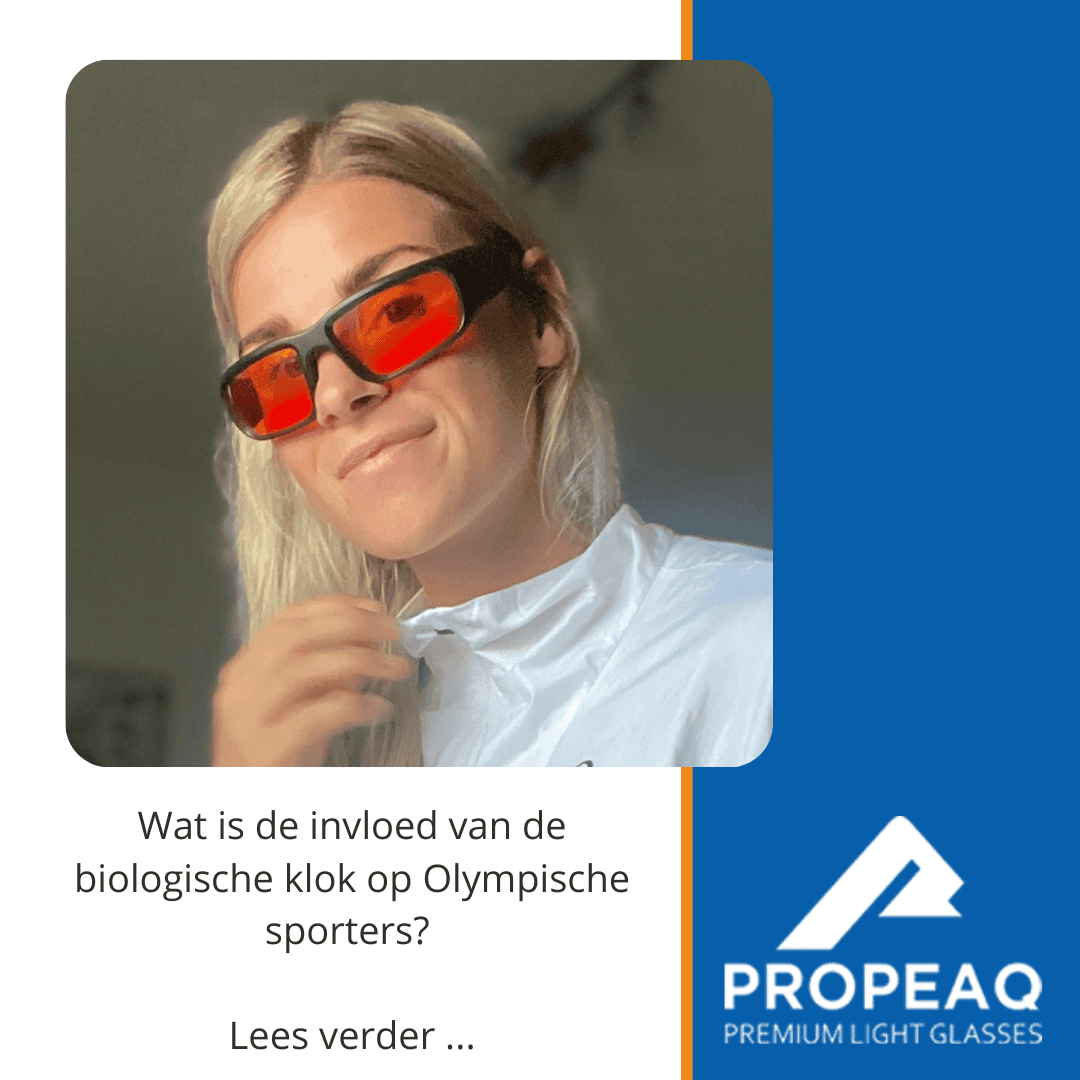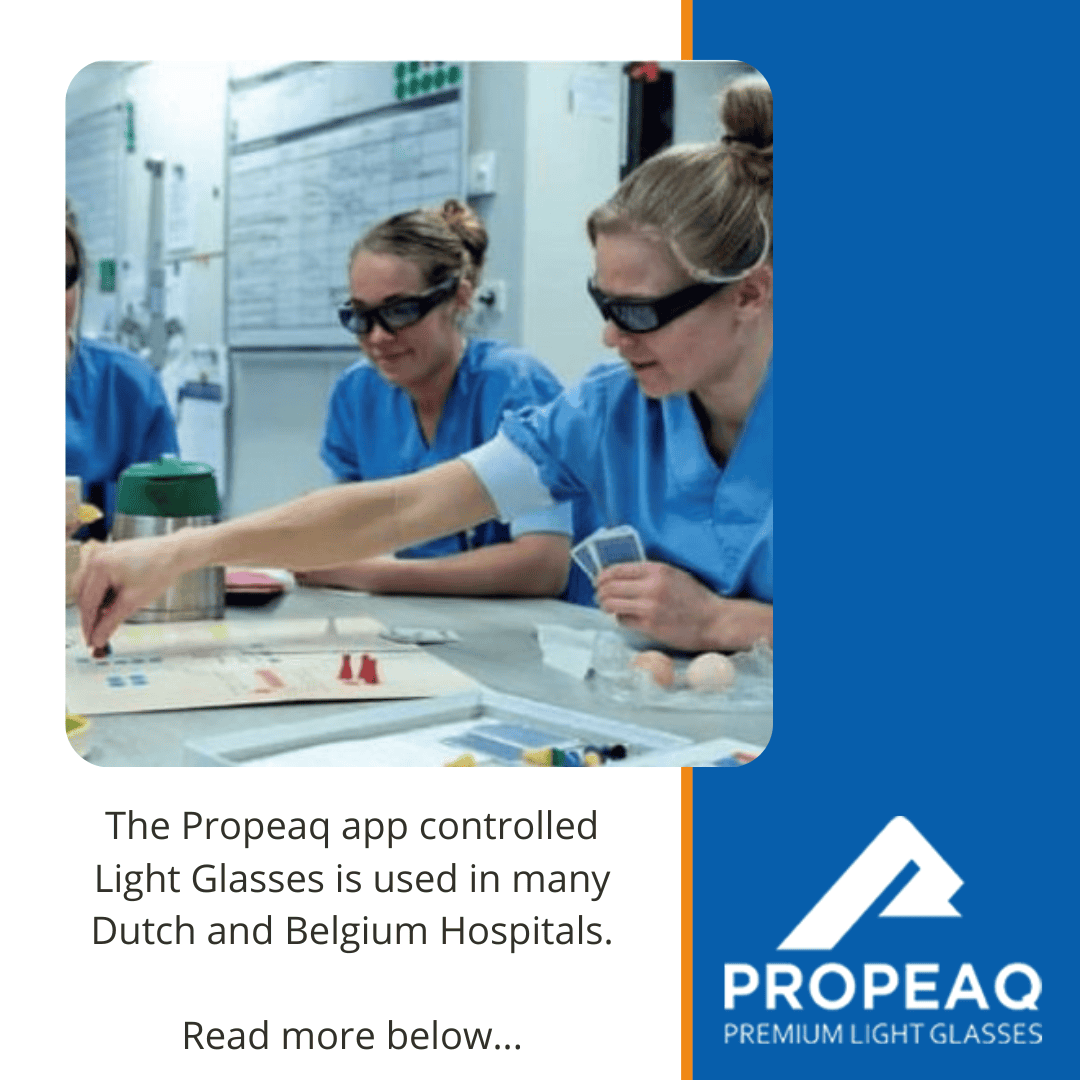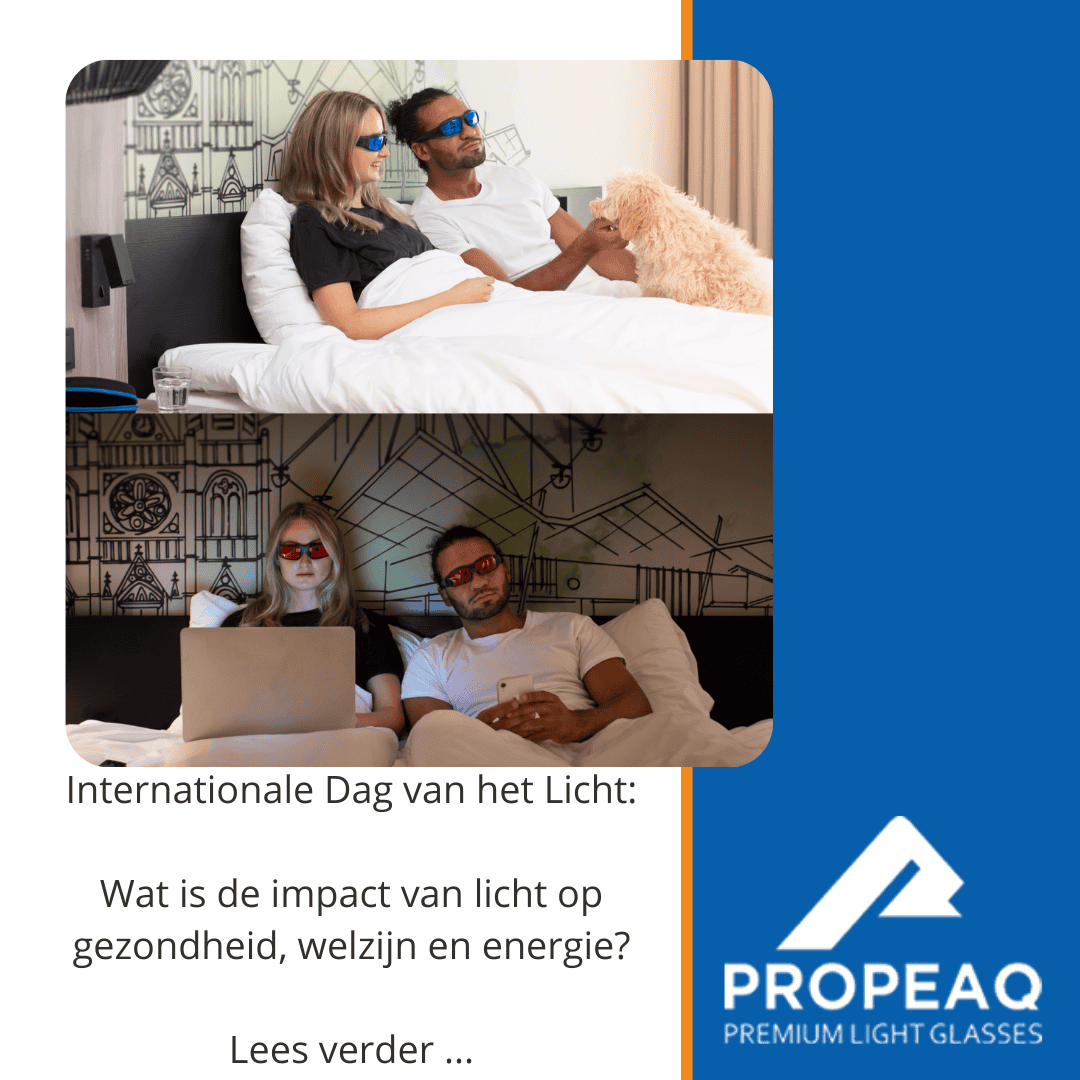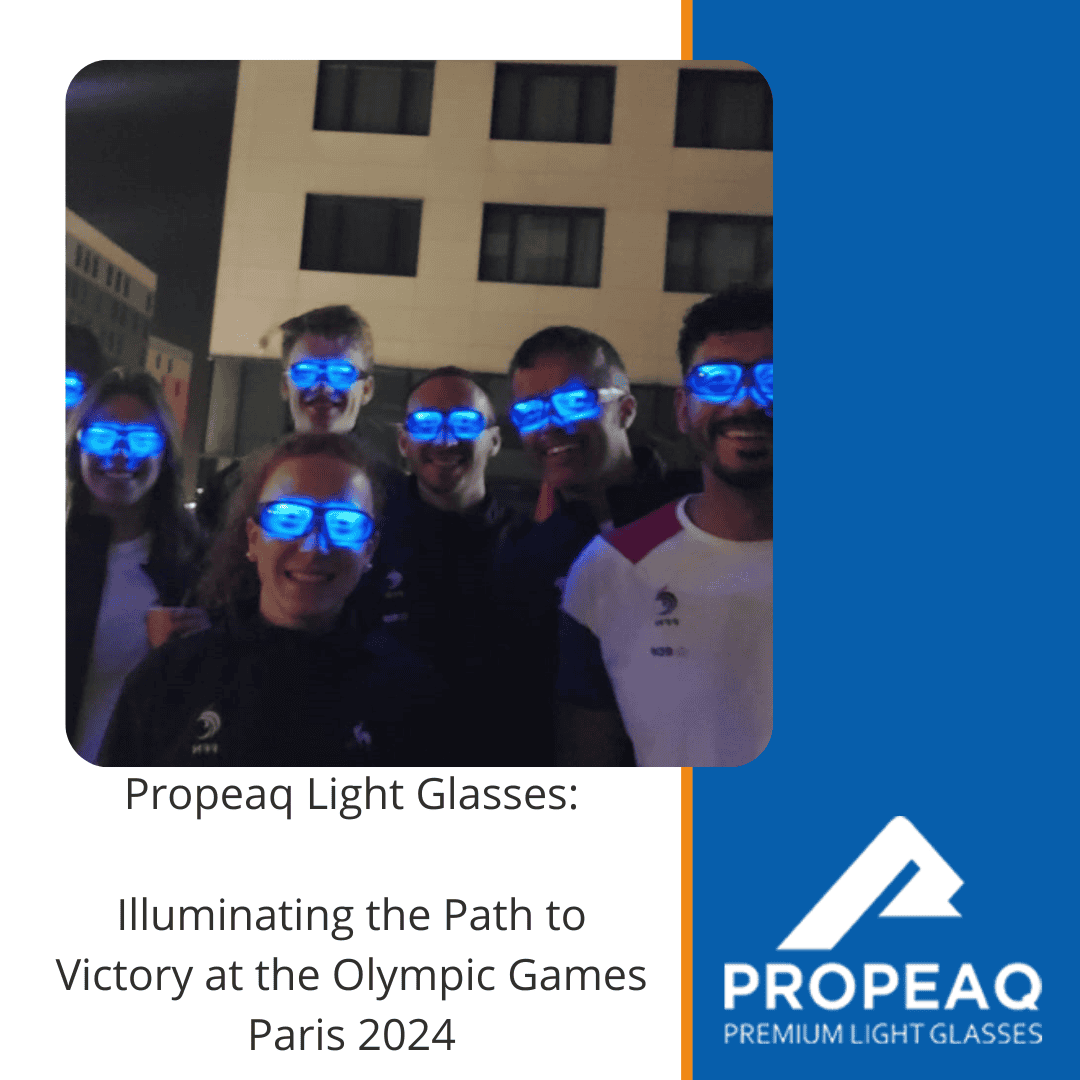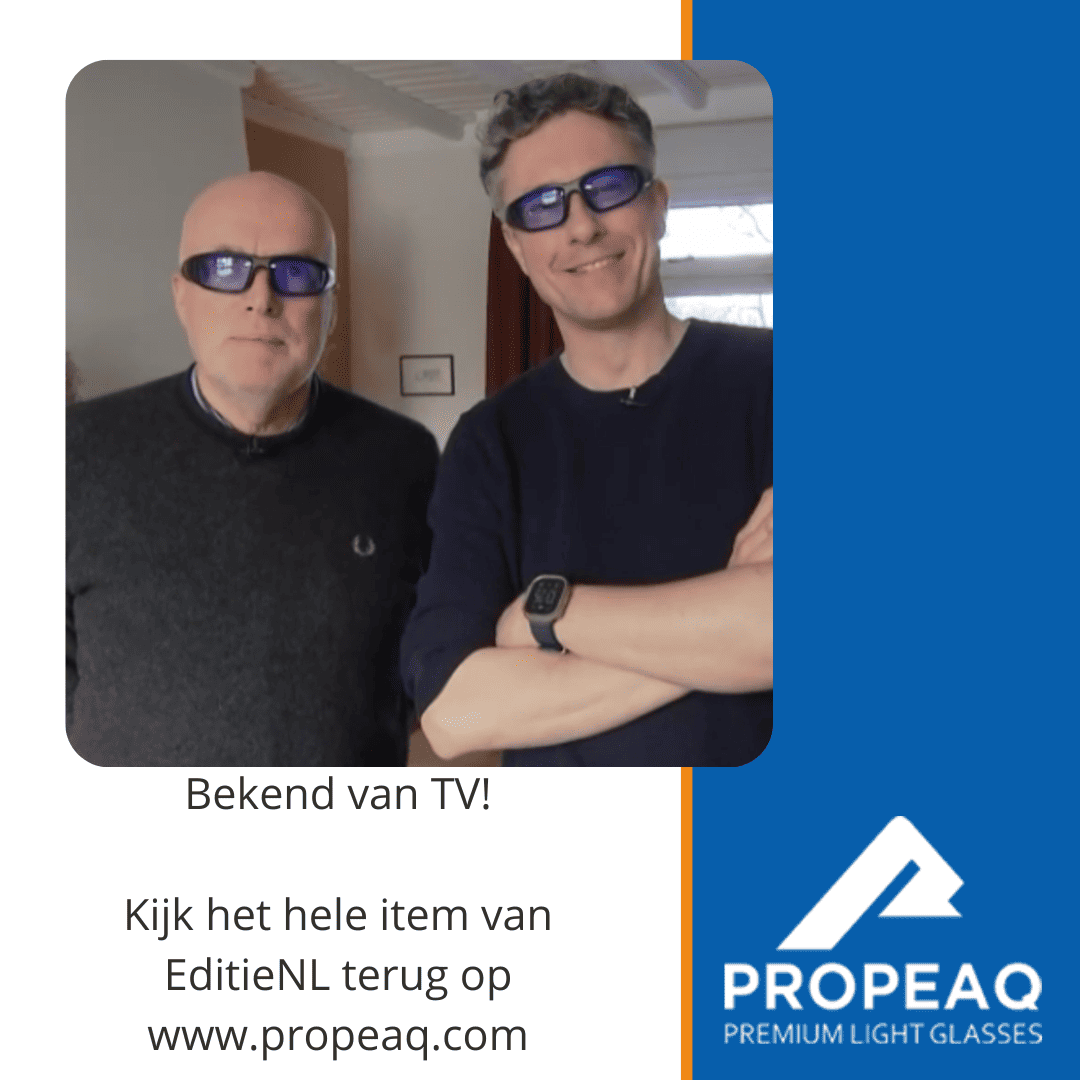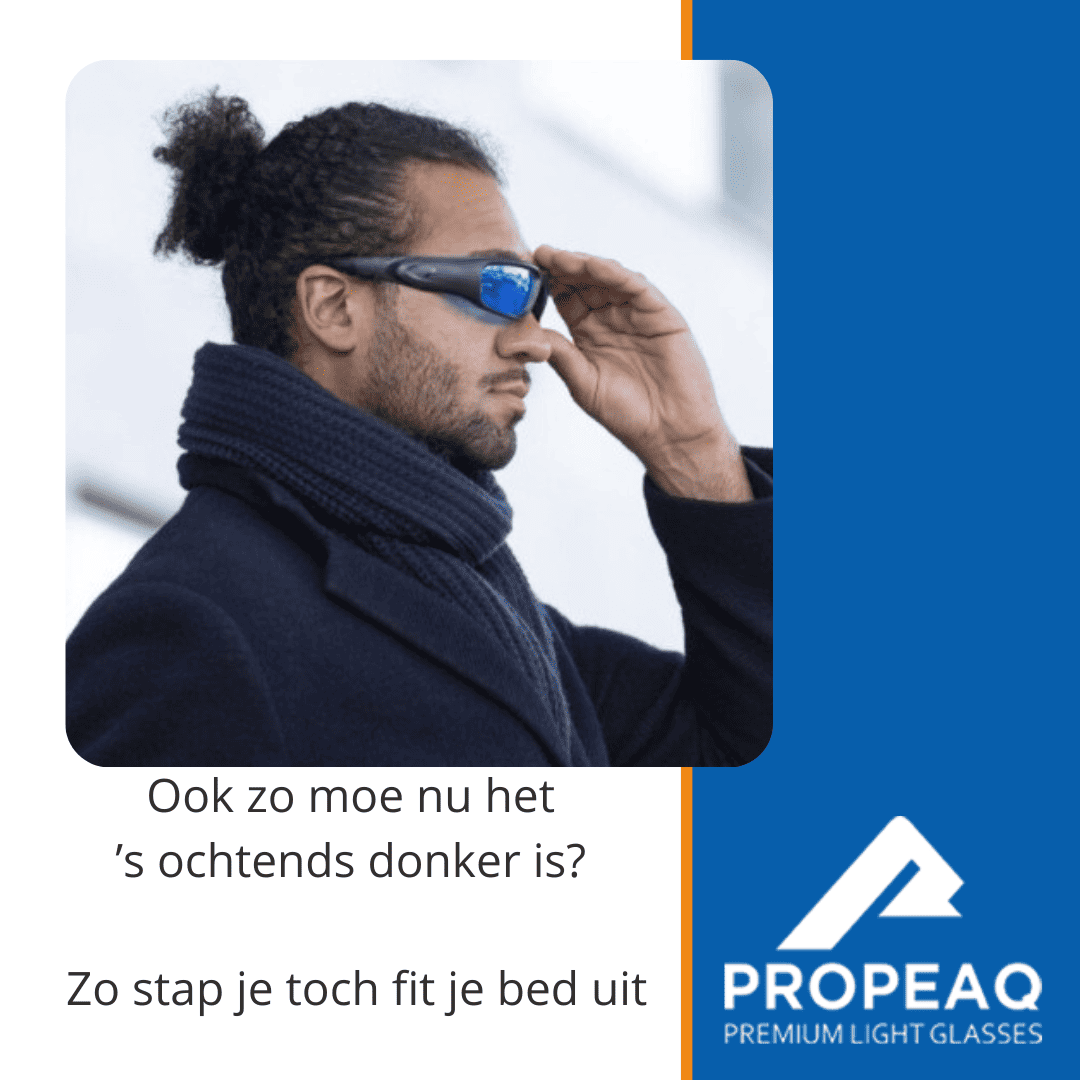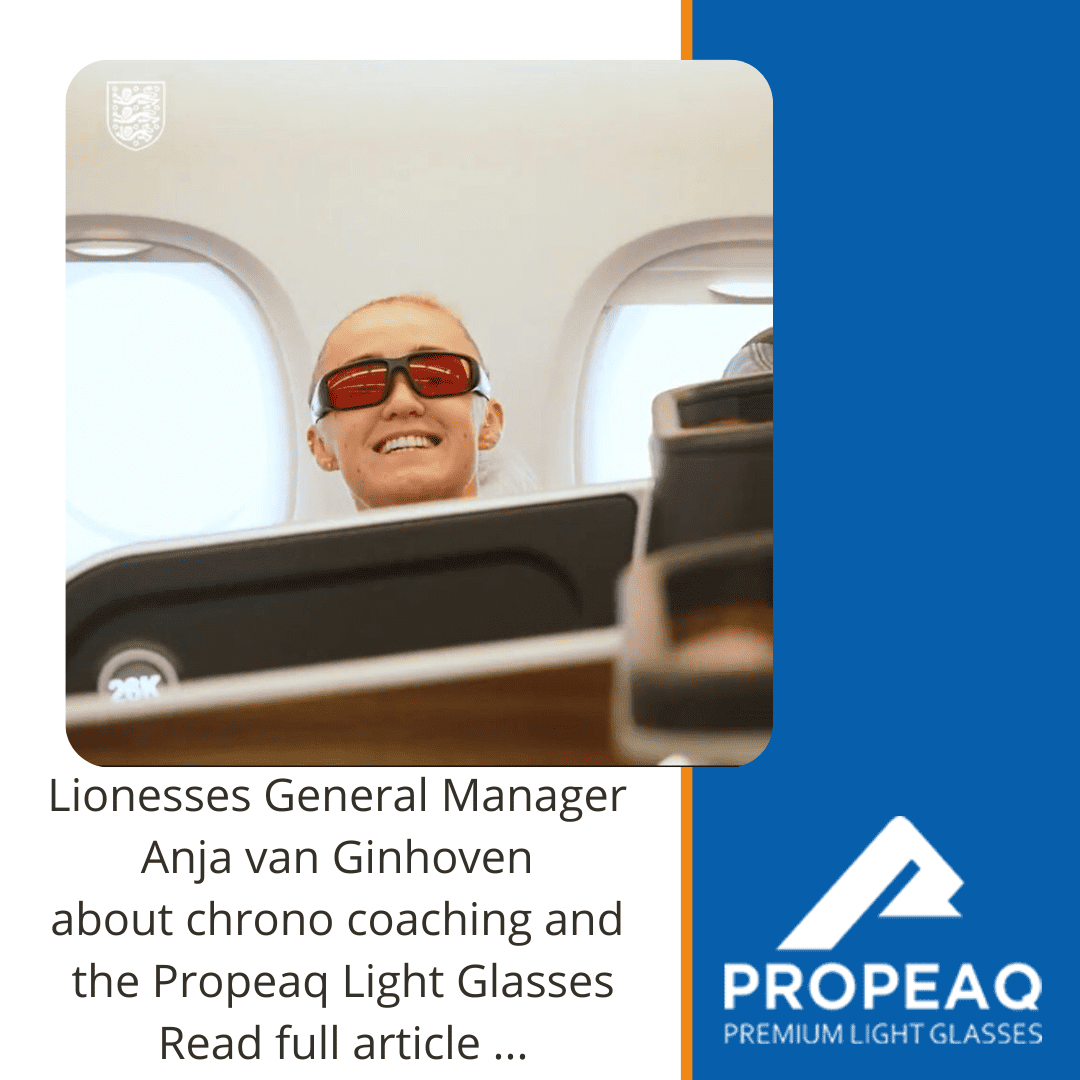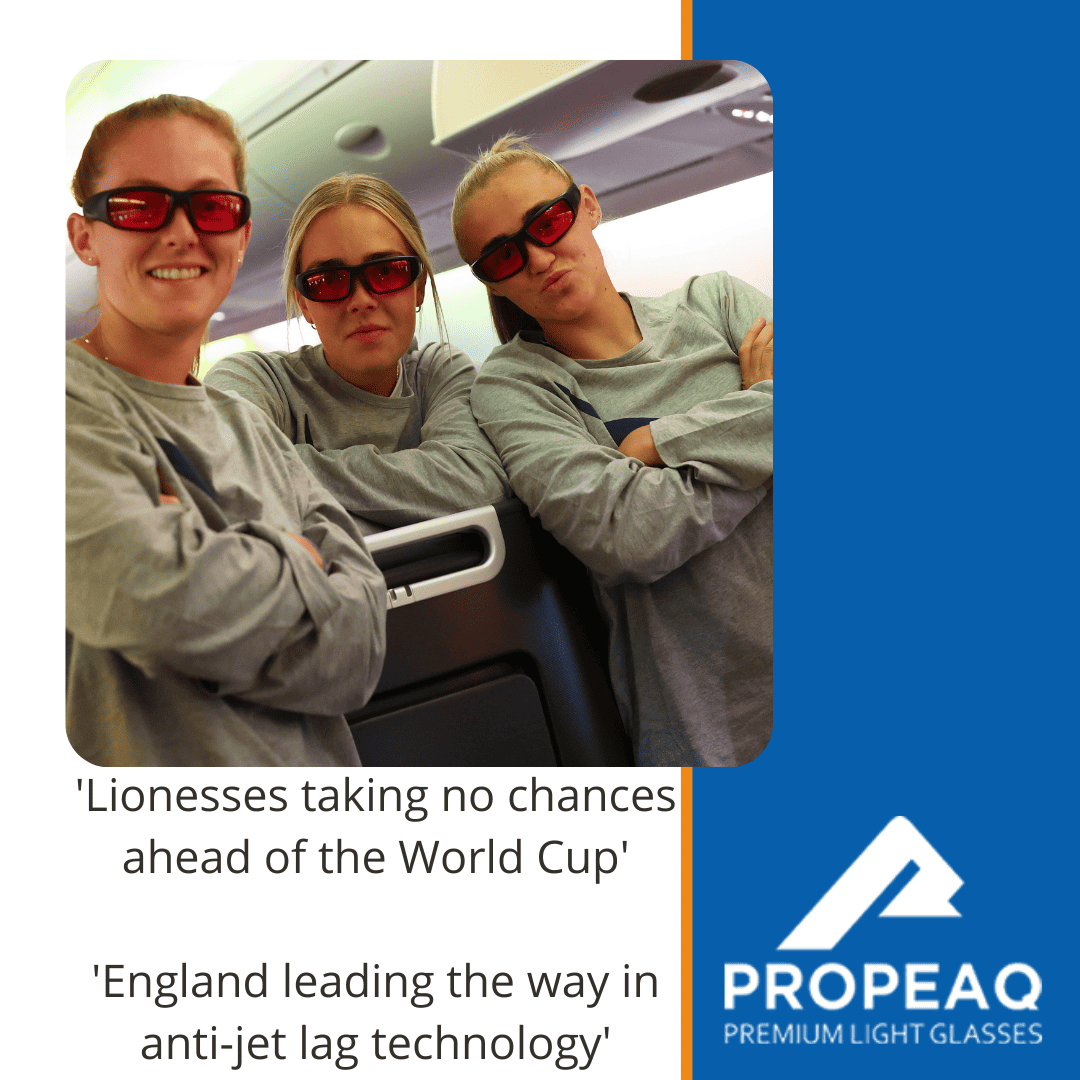This article is written in Dutch by Joyce de Bruijn: https://amazingerasmusmc.nl/actueel/marathon-rennen-in-gevechtstenue-en-met-aangepaste-biologische-klok/
Professor of Chronobiology Bert van der Horst, professor of the biological clock, was glued to his laptop at 8 a.m. on Saturday 24 October. From minute to minute he followed the actions of eight marines who were trying to break the World Speed Marathon Record on the grounds of the Royal Netherlands Navy in Den Helder. The World Record Speed Marsen (Speed Marching or Rapid Marching WRS) is a marathon, but a seemingly superhuman marathon: the marines run the 42,195 meters with a full 18.2 kilo pack on their backs. And not wearing quick-drying, breathable sportswear and feather-light Asics at their feet, but wearing camouflage trousers, cotton T-shirts and combat boots.
Optimal
In this incredible record attempt, they received a little help from Van der Horst and the company Propeaq, which produces so-called blue-light glasses. In recent days, the marines have started to adjust their biological clocks using these blue light glasses, allowing their bodies to perform optimally at the time of their record attempt. To this end, Van der Horst analyzed the marines’ sleep-wake rhythm, as well as their chronotype. Among other things, it was determined whether they are morning or evening people. This is how it works. Various functions of the human body, such as blood pressure, heart rate, hormone balance, but also sleep and waking rhythms, are under the influence of the biological clock, a small organ located in the brain. This biological clock works in a cycle, but needs just over 24 hours for such a round.
Reset
In order to ensure that the cycle stays correct, the biological clock is reset every day: through the first daylight that falls into the eyes, and in particular through the blue component in that light. The retina in the eyes has special receptors for blue light. The retina can easily be fooled: there is also blue light in the light of a mobile phone. So if you are still on your mobile just before going to bed, you can give your brain a signal that the day is far from over. The result: the body only wants to wake up later the next day.
Afternoon
Blue light can therefore also be used to consciously influence the biological clock. ‘Previous research has shown that the human body performs optimally in the afternoon. At that time, the interplay of all the bodily functions necessary for a physical top performance is the most beneficial’, explains Van der Horst.
This record attempt was initially to be made on 4 April, before the Rotterdam Marathon. With a start at 5 a.m. in the morning. By then the body will still be far from its optimal performance. Even at the current start, at 8.00 a.m., the body is still eight hours away from its optimal condition’. If you want to manipulate the biological clock in such a way that it allows the body to perform optimally early in the morning, you have to set it forward eight hours; Van der Horst explains, ‘but that’s no good’. The participants also have a social life. We have tried to bring the physical peak hours forward by a few hours now’.
Schedule
With this in mind, Van der Horst and medical student Anne van Berkel found out for each participating marine how the biological clock ticks. Depending on the outcome, Toine Schoutens of Propeaq made an individual schedule for all participants. This included times at which they had to wear blue light glasses to reset their clocks earlier and earlier in the day.
They were also given a schedule for wearing orange lenses in these glasses. These are intended to keep blue ambient light away from the retina as much as possible in the evening. The marines followed the light schedule from Sunday 18 October onwards. Just before the start in the naval port of Den Helder, where the speed march was moved because of corona, they wore the light glasses for another hour.
Monitoring
Captain of the Marines André Bek is head of the Fieldlab of the Marine Training Centre at the Van Ghent Barracks in Rotterdam, and one of the four WRS staff members. The Fieldlab is an innovation department concerned with optimizing human performance. The department conducts its own applied scientific research and works closely with various universities and knowledge institutes. André Bek is also glued to a laptop today. He monitors his team live, among other things on heat load and heart rate. For the first three hours, they will be monitored at around 90 percent of their threshold values,’ explains Bek. In fact, we’ll be focusing on the – at that point in time – ‘weakest’ of those eight super men. He determines the pace of the runners. In the last hour they gradually scale up to 100 percent to get everything out of the team’.
Raising money
The marines don’t do their record attempt for fun. Our mission is fourfold,’ writes the organization of the record attempt on its website. Raising money to support (former) colleagues who suffer from cancer and other serious diseases. This can be done, for example, by co-funding research, but also by making the necessary extras possible. Think of foreign treatments, a trip with the family, a medical aid’.
They also show with their action what the Marine Corps stands for: ‘The Corps Values of Connectedness, Strength and Dedication. Gaining innovative knowledge that can be applied operationally and in training. And last but not least: beating the record of the esteemed and respected English colleagues of the Royal Marines.’ The world record to be broken is 4 hours 16 minutes and 48 seconds in the name of the British colleagues.
Result:
The marines have shattered the World Speed March Record by almost 18 minutes as their time was 3 hours, 58 minutes and 55 seconds.


